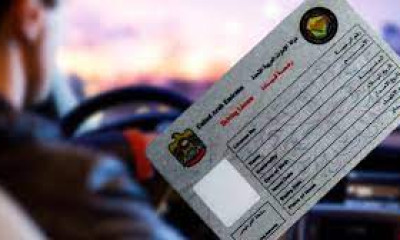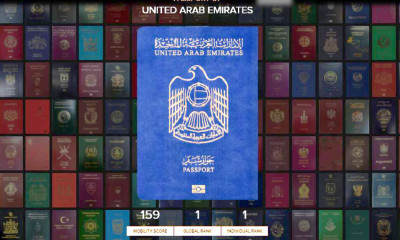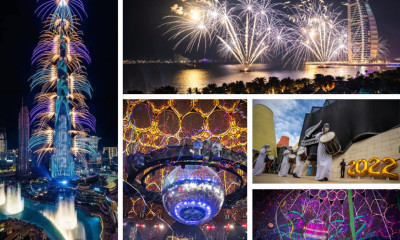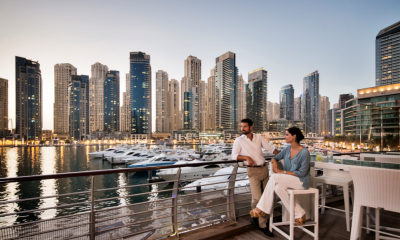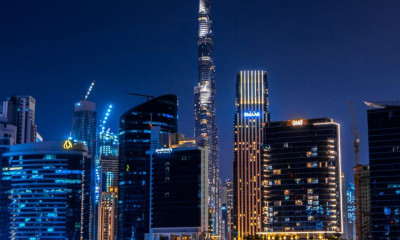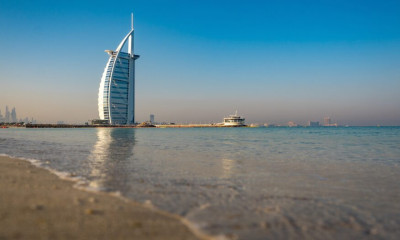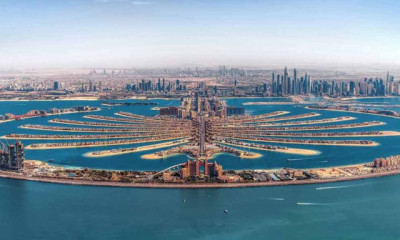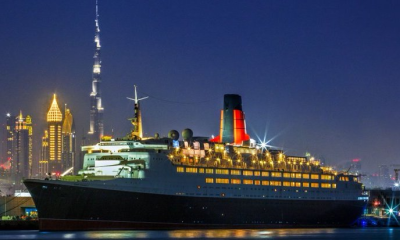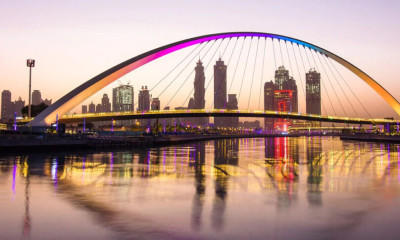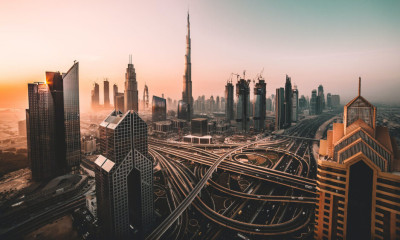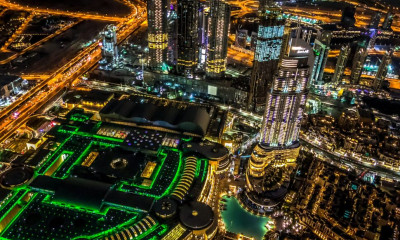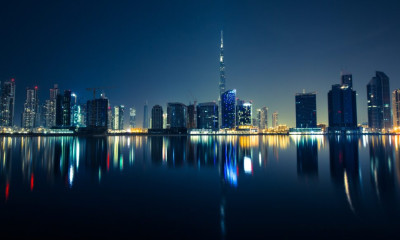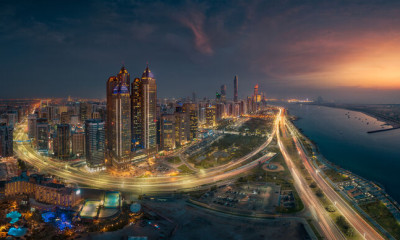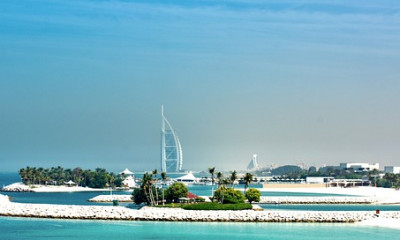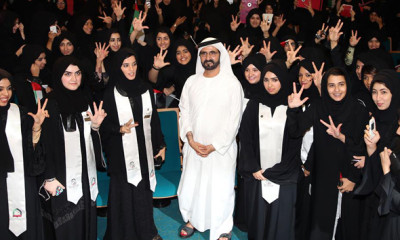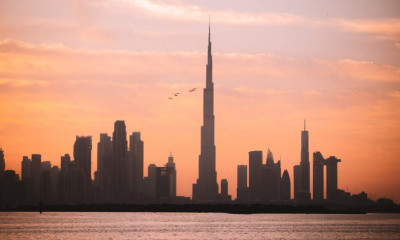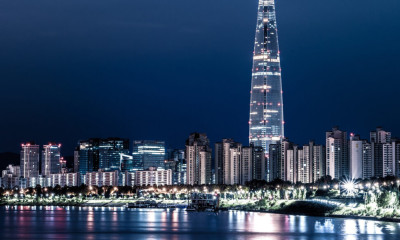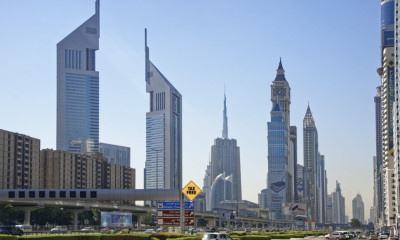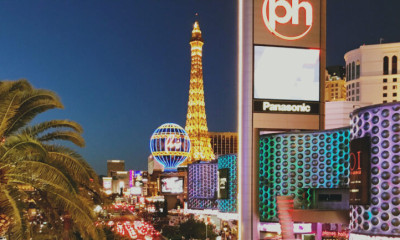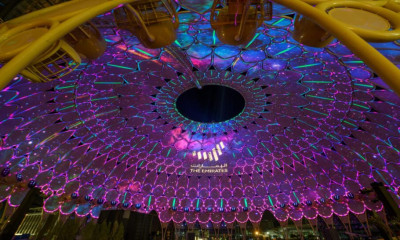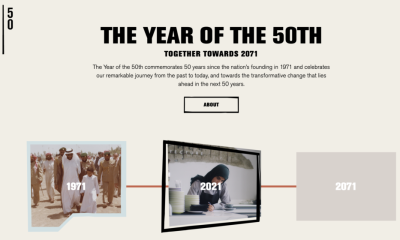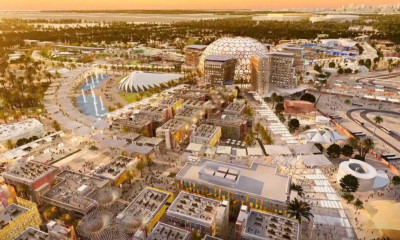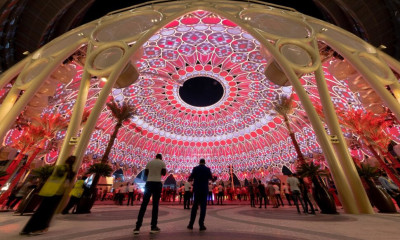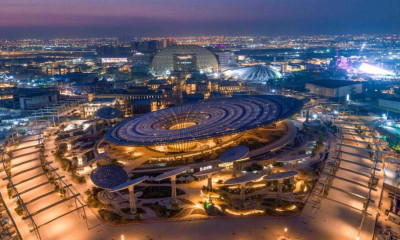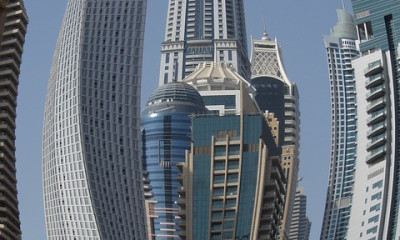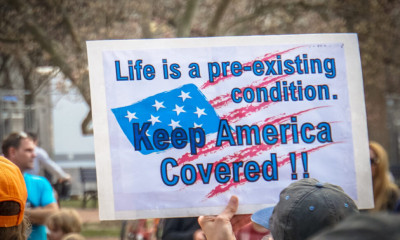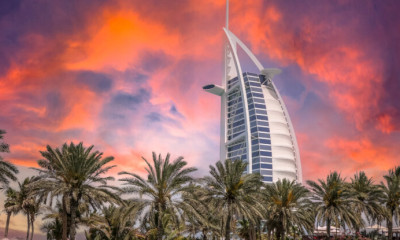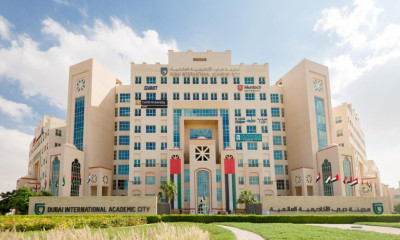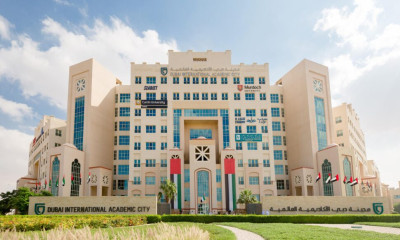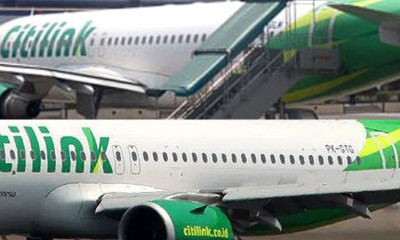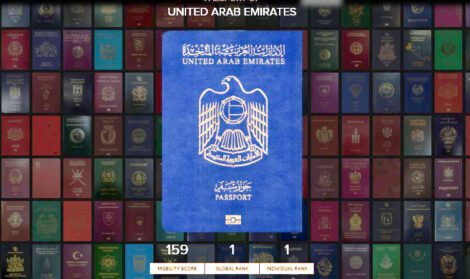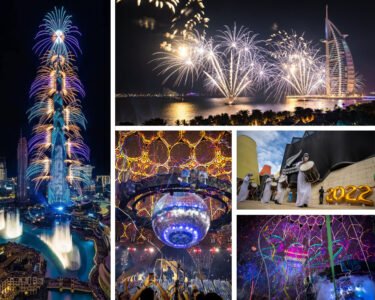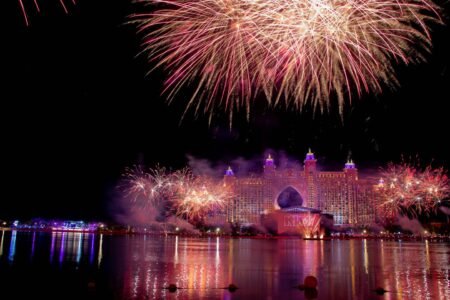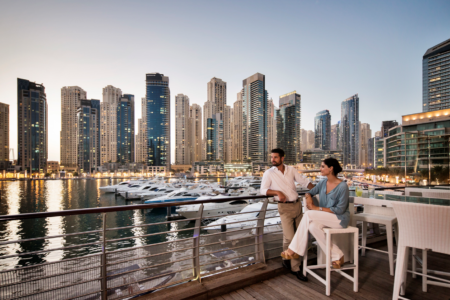
The Dubai Green Mobility Initiative is working to increase the proportion of electric and hybrid vehicles to 10 per cent by 2030. Dubai aims to make public transport emission-free by 2050. It will make it the first city in the Mena region to map out a comprehensive emission-free plan for public transport and related infrastructure.
By 2030, Dubai wants to have 10 per cent of all cars as electric or hybrid vehicles.
A Digital Life Index report by Publicis Sapient revealed 82 per cent of potential buyers in UAE would consider an EV, rising to 90 per cent for a hybrid. Global electric car sales rose by a record 38 per cent in 2020. Dubai saw a whopping 95 per cent increase in electric car sales.

Dubai saw a whopping 95 per cent increase in electric car sales
The electric vehicle’s story is more than 100 years old. On a very cold, windy and partly cloudy day in 1832, a massive crowd stood on the pavements in the port city of Aberdeen in northeast Scotland as horse-drawn carriages trundled, to watch a historic event. A chemist, Robert Davidson unveiled and drove the world’s first full-sized electric vehicle created in his workshop. The car used disposable zinc-acid batteries and crude oil to generate electricity. It travelled to its capacity of about 12 kilometres in an hour. It was a bit cumbersome to steer, but it had an almost quiet journey – its birth was to minimise smoke and pollution of a city.
In 1881 came the world’s first electric streetcar. Four years later, Germany’s Karl Benz put the first practical gasoline-powered automobile into series production. Porsche soon came out with the first hybrid car that ran on electricity and petrol. The first electric car that used two electromagnets, a pivot and a battery arrived in 1884 – a production-standard electric car capable of being reproduced and marketed.

However, electric cars suffered from public reluctance to accept them given the limited performance of 70 kilometres an hour and only a range of 64 kilometres per charge.
Electric cars virtually disappeared by 1935 as mass-produced internal combustion engine cars flooded the market. The Arab oil embargo in the early 1970s led to hikes in oil prices and gasoline shortages. This gave birth to calls for reducing the dependence on oil.
There was, however, very little advancement in electric vehicles development over the next 30 years with internal combustion engines moving head and shoulders above with their amazing improvements with gasoline remaining in mass use across the world.
Very little demand for alternative fuel vehicles – even in the West – existed, prompting carmakers to continue their market-driven agenda with gusto.
Technological advances and environmental concerns picked up momentum and led to a gradual revival of non-polluting cars. The realisation that fossil fuel is a finite resource and emissions from petrol-powered cars are damaging public health and the environment resulted in the need for electric vehicles.
Thus began the journey of automotive companies to modify their popular models to electric variations by improving the batteries to achieve a speed range closer to that of gasoline-powered cars.
EV charging stations in Dubai

In the 1990s, all-electric cars like Honda’s EV Plus, General Motor’s EV1, Ford’s Ranger pickup EV, Nissan’s Altra EV, Chevy’s S-10 EV and Toyota’s RAV4 EV existed but never formed a part of the mainstream automobile industry.
Toyota’s Prius changed the market dimensions in 1997. Plus a rise in pollution and an eventual depletion of fossil fuel resources prompted governments around the world to call on carmakers to focus on electric cars.
The world’s first mass-produced hybrid electric vehicle was commercially rolled out in Japan by Toyota and Prius was dubbed a ‘Vehicle for the 21st Century’.
In 1999, Honda began selling hybrid models beyond the Japanese shores. In 2000, the car was released globally to an enthusiastic response even as gasoline prices kept rising along with carbon emissions.
In 2006, the world took a quick turn when a three-year-old Silicon Valley-based company Tesla unveiled plans to start producing a luxury electric car that could go more than 320 kilometres on a single charge. Two years later, Tesla Roadster hit the roads as the first highway legal all-electric car, reaching a range of 350 kilometres.
This spurred car manufacturers to accelerate work on their own electric vehicles.
By 2010 when another Japanese giant Nissan launched Nissan LEAF as an all-electric, zero-emission car, several countries in Europe, Japan, China and the US deployed hundreds of public EV charging stations. A fully electric car with range and performance competitive with internal combustion engine (ICE) vehicles did not appear until 2012 when the Tesla Model S arrived at a premium price. In 2015, Tesla expanded its product line with Model X, most capable sport utility vehicle in history. A year later, it introduced Model 3, a low-priced, high-volume electric vehicle.
Dubai gets electric
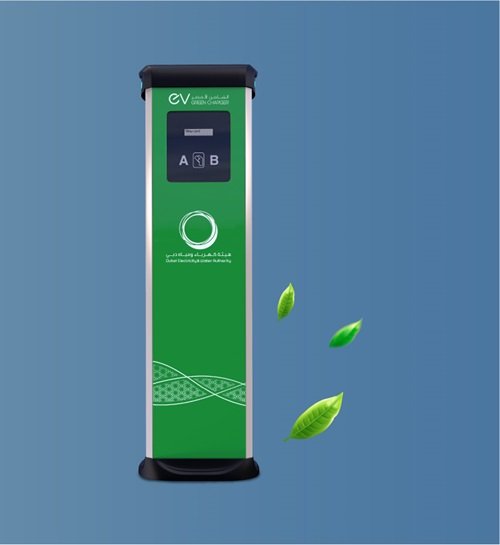
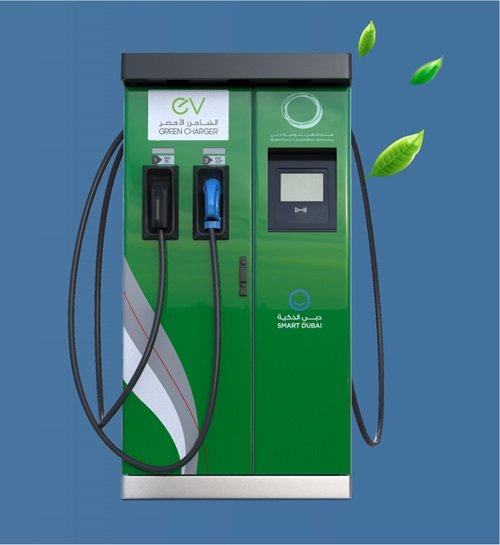
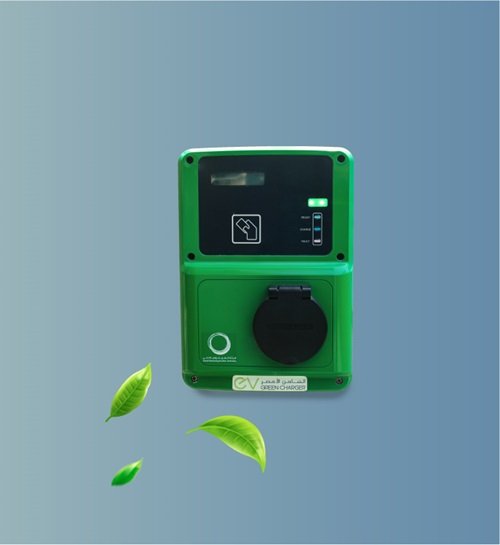
Dubai took another step towards making facilities to encourage people to go for electric cars. French car brand Renault started selling its electric Zoe in 2015 with Dubai Electricity and Water Authority (DEWA becoming its first customer followed by Dubai Police and other government agencies.
That year, Dewa launched a Green Charger Initiative to place EV charging stations across the city. It opened its first Electric Vehicle (EV) charging station outside its headquarters in the first phase – each station accommodating two vehicles simultaneously. It was the emirate’s first government entity to add 100 per cent electric vehicles to its fleet.
Dewa launched a Green Charger Initiative to place EV charging stations across the city.
An EV Green Charger Card was rolled out and it set a flat tariff for EVs of 29 fils a kilowatt-hour (kWh) at their charging stations. Home charging is priced at the standard retail tariff of 29.5-44.5 fils/kWh.
In 2017, when vehicular emissions in the UAE was about 40.7 million tonnes of carbon dioxide, Tesla began selling its luxury electric cars in Dubai, marking its first foray into the Middle East. Tesla’s prices started from AED275000 (US$74,884) for its Model S, which has a range of 632 kilometres from a single charge and AED344000 for the Model X which can travel up to 565 kilometres.
Those days, vehicles could be charged at home or at 28 locations across the UAE – the company hoped it will increase to 50 as 2017 ends.
In June 2018, Careem, a Dubai-based ride-hailing app, introduced an electric car type option for customers when booking a scheduled journey in Dubai. The fleet is made up of turquoise, Tesla Model S cars and fares start at a minimum of AED60. By December, the city had about 4,000 hybrid and electric vehicles on the roads, including about 1,000 fully electric vehicles. The total number of electric vehicles in Dubai until Q1 2021 reached 2,473 and hybrid vehicles numbered 6,016, taking the total number of green vehicles registered to 8,489. The number of electric government cars in Dubai reached 258 and 2,653 hybrid government cars.
The UAE, where one in six cars sold is a premium brand and one in two cars purchased is a dune-ready SUV – the annual number of vehicles sold in the UAE in 2019 was 235,000, down from 407,000 in 2014, has stepped up measures to promote electric vehicles to reduce the carbon footprint and introduced regulations on EV charging systems.
Dubai’s commitment to quality
The Emirates Authority for Standardisation and Metrology (ESMA) has set standards for imported EVs to address concerns surrounding overheated batteries, operating in extreme heat and humidity, preventing drivers and passengers from electric shock risks and protecting passengers in case of front and side impacts. EVs entering the UAE market are also required to have a crash test certificate. The UAE has the largest number of EV charging stations in the world. The emirate has taken steps to encourage EV ownership and persuading motorists to convert.
All-electric cars can currently recharge for free at Dewa-approved stations, be registered for free with the RTA, enjoy zero renewal fees, obtain a free Salik toll tag, and also use free designated green parking spots.
The RTA intends to change the entire fleet of Dubai Taxi to eco-friendly (hybrid/electric) vehicles by 2027, a move considered the first of its kind worldwide
In 2017, the RTA deployed Tesla EVs featuring several components of self-driving technologies and operated them as part of the Dubai Taxi limo fleet. In December 2019, it launched the trial run of the first hydrogen-powered taxi in the Middle East as part of the limousine service at the Dubai International Airport. About 90 per cent of private taxis would be hybrid or electric by 2026. The RTA intends to change the entire fleet of Dubai Taxi to eco-friendly (hybrid/electric) vehicles by 2027, a move considered the first of its kind worldwide. It is to reduce carbon emissions of the taxi and limousine sector by two per cent.
A six-year plan is currently underway to raise the proportion of hybrid taxis in the fleet to 80 per cent by 2025 and achieve the ultimate target of 100 per cent by 2027. It was the first entity in the region that had rolled out the trial run of hybrid vehicles powered by fuel and electricity.
It had also been mandated that at least 30 per cent of public sector vehicles must be electric or hybrid by the end of the decade, as well as 10 per cent of all vehicles sold in Dubai.
Dubai has now about 300 charging stations, including three in the mountainous region of Hatta bordering the Sultanate of Oman.
About 20 charging stations have come up at the sprawling Expo 2020 Dubai site that will go ‘live’ in October 2021.
Emirates Global Aluminium, the largest industrial company in the UAE outside the oil and gas sectors, had opened its first electric car charging station at its site in Jebel Ali in Dubai.
Dubai is home to the UAE’s first electric vehicle platform – www.ev-lab.io that was launched in April 2021.
The UAE has the second-highest ratio of public charging stations per EVs in the world. Over 650 AC chargers are available that allow one to charge as quickly as 200 kilometres in 15 minutes.
The International Energy Agency (IEA) estimates 1.26 million electric cars hit the world’s roads in 2015. It calculates the need for about 150 million electric cars by 2030 and one billion by 2050. By 2040, more than half of all new cars worldwide will be powered only by batteries.
The IEA projects electric cars numbers will potentially grow between 40 million and 70 million by 2025. Today, there are scores of electric and plug-in hybrid models plying on the roads globally, with China in the first market position. Automakers launched 143 new electric vehicles—105 Battery Electrical Vehicles (BEVs) and 38 Plug-in Hybrid Electric Vehicles (PHEVs)—in 2019. They plan to introduce around 450 additional models by 2022, most being midsize.
World of EVs
Among EV manufacturers, Tesla continued as the market leader, with 370,000 units sold globally in 2019, for a market share of about 16 per cent. Global electric car sales rose by a record 38 per cent in 2020, taking the total number on the world’s roads to 10.9 million.
Norway is racing ahead in the electric mobility race, with almost half of all new passenger car sales in the country in 2018 being either electric or hybrid vehicles. Iceland came second in the list with 19 per cent share, while Sweden was third with eight per cent share. The Netherlands was fourth with about seven per cent followed by Finland and China with 4.7 per cent and 4.4 per cent, respectively.
The bottom four in the top 10 list were Portugal with 3.44 per cent, Switzerland with 3.18 per cent, Austria with 2.54 per cent and the UK with a 2.53 per cent share.
The world’s top three markets by total EV sales in 2018 showed China stood first with 1,053,000 EV unit sales. While, the US stood second with 361,000 unit sales, followed by Norway with 73,000 sales. More than a dozen countries and over 20 cities around the world have either banned or proposed a ban on the future sale of passenger vehicles powered by fossil fuels like gasoline, LPG and diesel.


